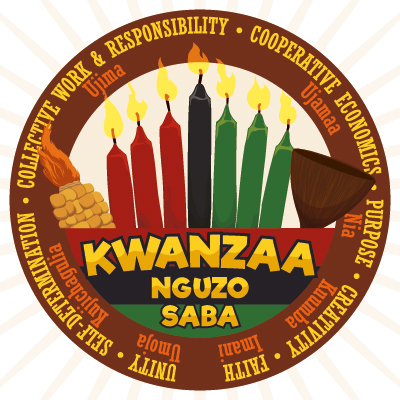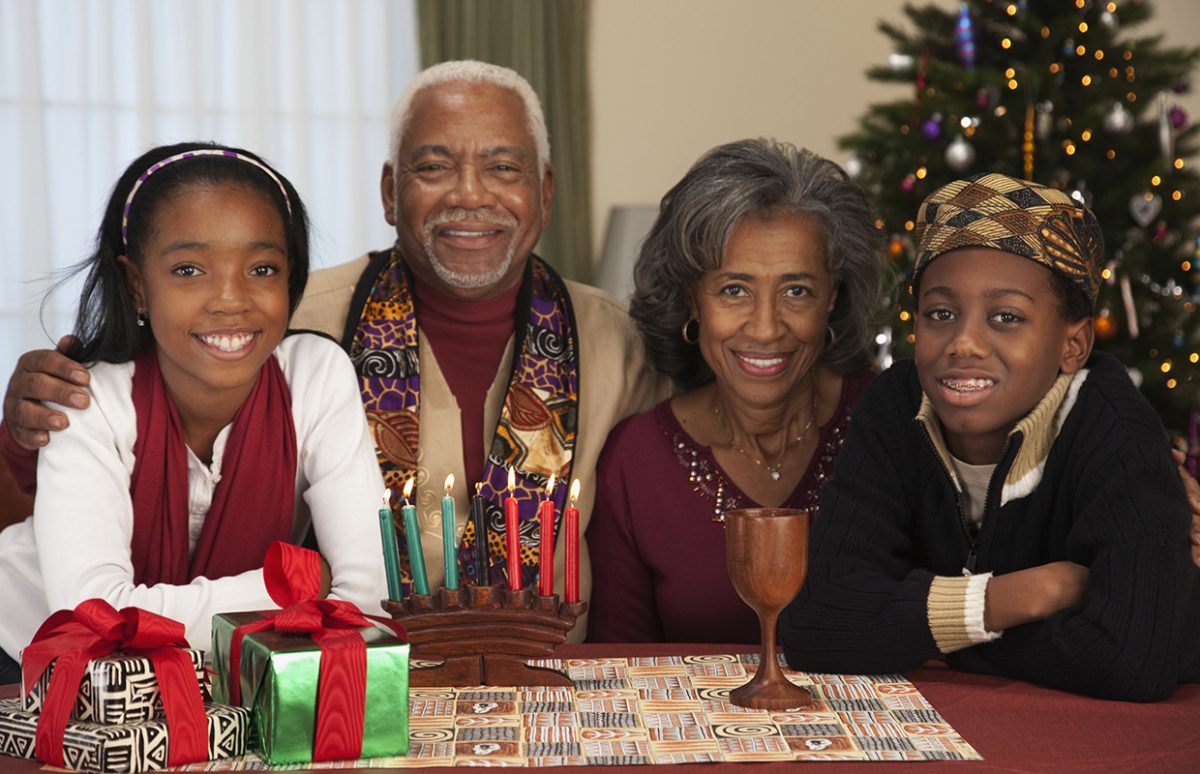In the U.S.A., the holiday season starts with Thanksgiving at the end of November and encompasses Christmas and New Year. For over 50 years, African Americans have had another holiday to celebrate: Kwanzaa, from 26 December to 1 January.
The celebration was conceived by a civil-rights activist and doctoral student in African studies at the University of California Los Angeles. Maulana Karenga, like many activists at the time, had chosen an African name to replace his "slave name" Ron Everett. As well as their names, slaves had lost their languages and traditions, and any sense of which part of the African continent they had come from. Karenga proposed a holiday that would draw on the common traditions of harvest festivals and use the most widespread African language, Swahili for its name, meaning "first fruits". It's focus was cultural, not religious.
Unity and Solidarity
In 1966, America the struggle for civil rights was at its height. Los Angeles had been torn apart in the Watts race riots in the summer of 1965. The first Kwanzaa celebration offered a more peaceful and hopeful hiatus. It was soon adopted around the country.
Seven Days, Seven Candles
Kwanzaa is celebrated over seven days. Each evening, families light one black, green or red candle on a seven-branched candelabra. Each day is dedicated to a principle such unity, creativity or cooperation. Families eat African food, give simple presents to children and celebrate African and African American heroes.

Copyright(s) :
© bst2012 / Adobe stock.com
©penwin / Adobe stock.com
Tag(s) : "African-American culture" "celebrations" "civil rights" "december" "hoiday season" "Kwanzaa" "U.S. traditions"





